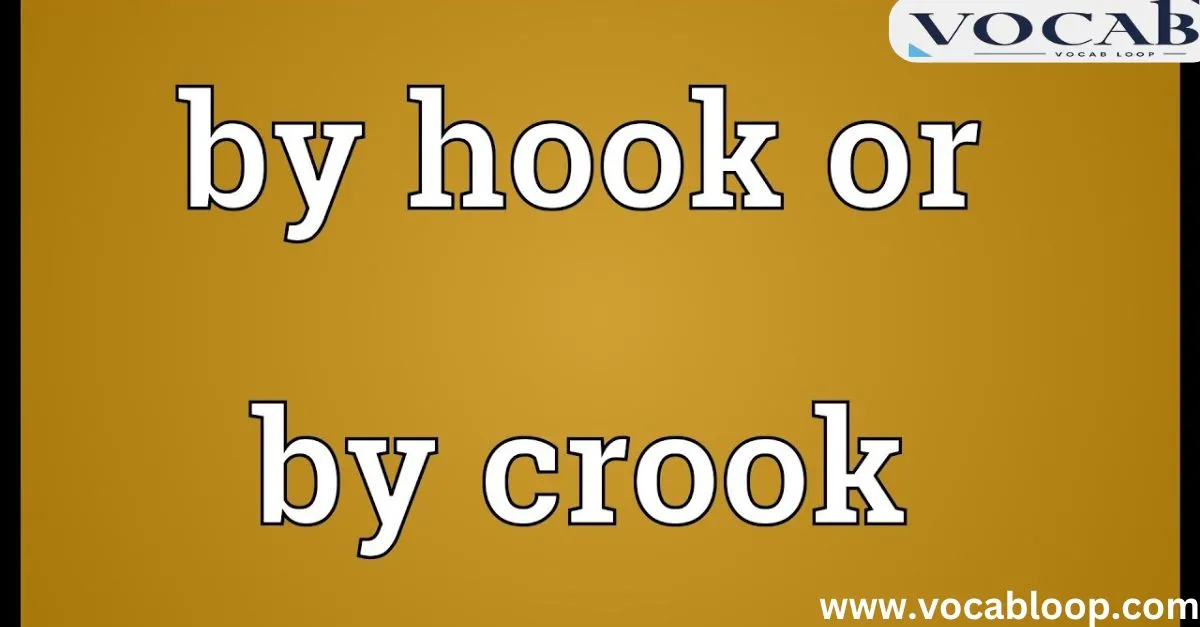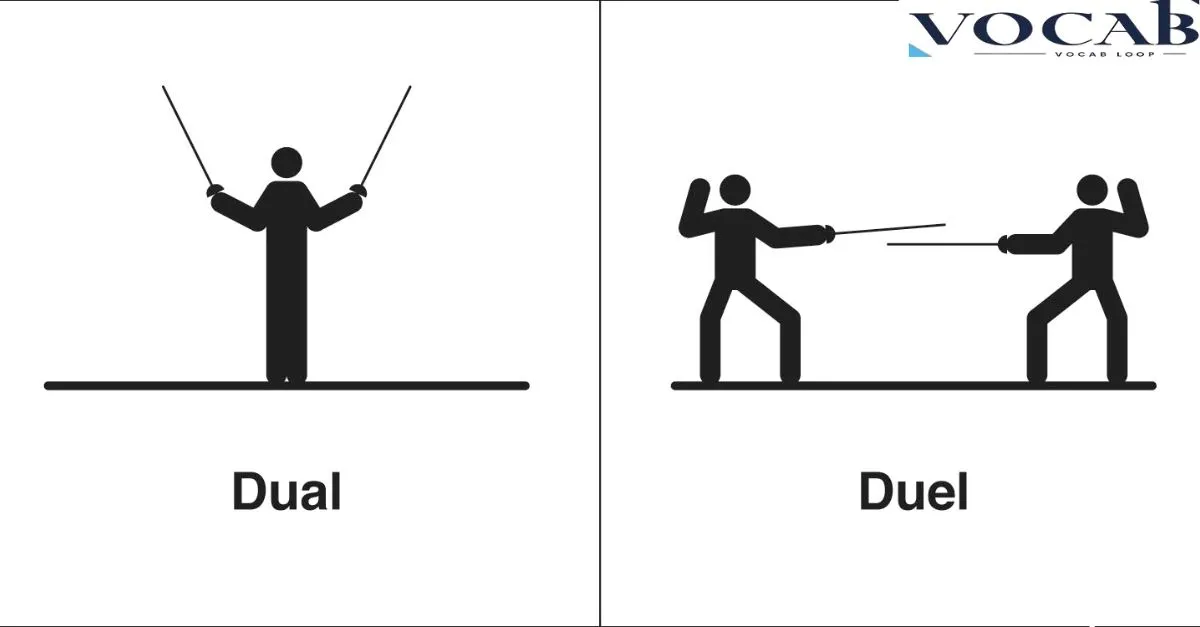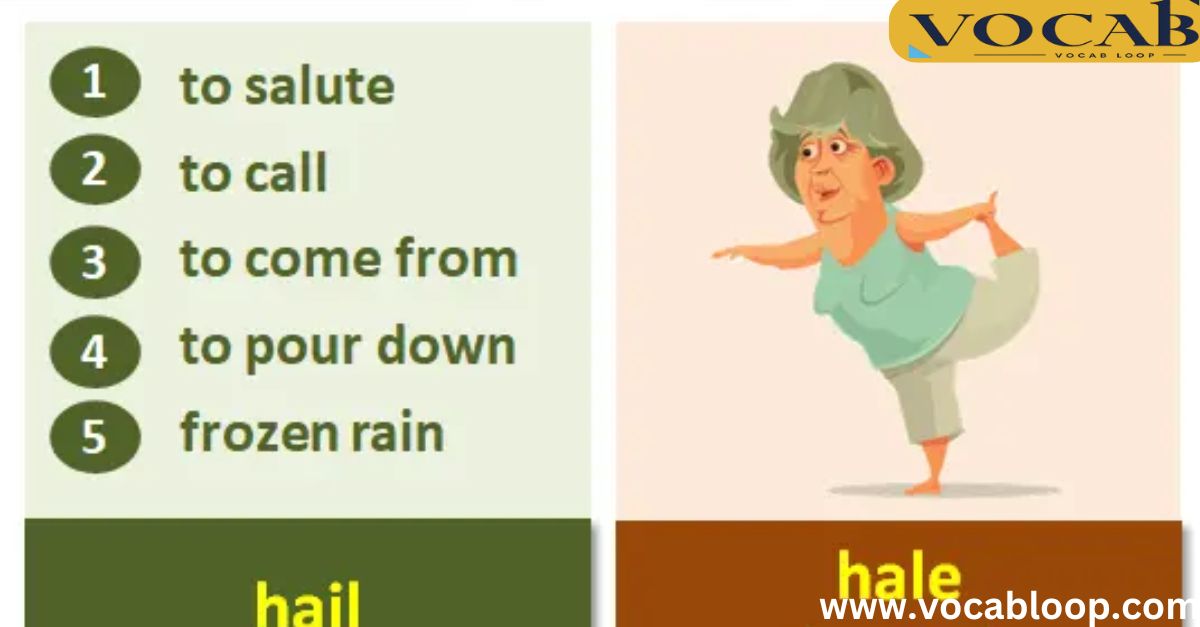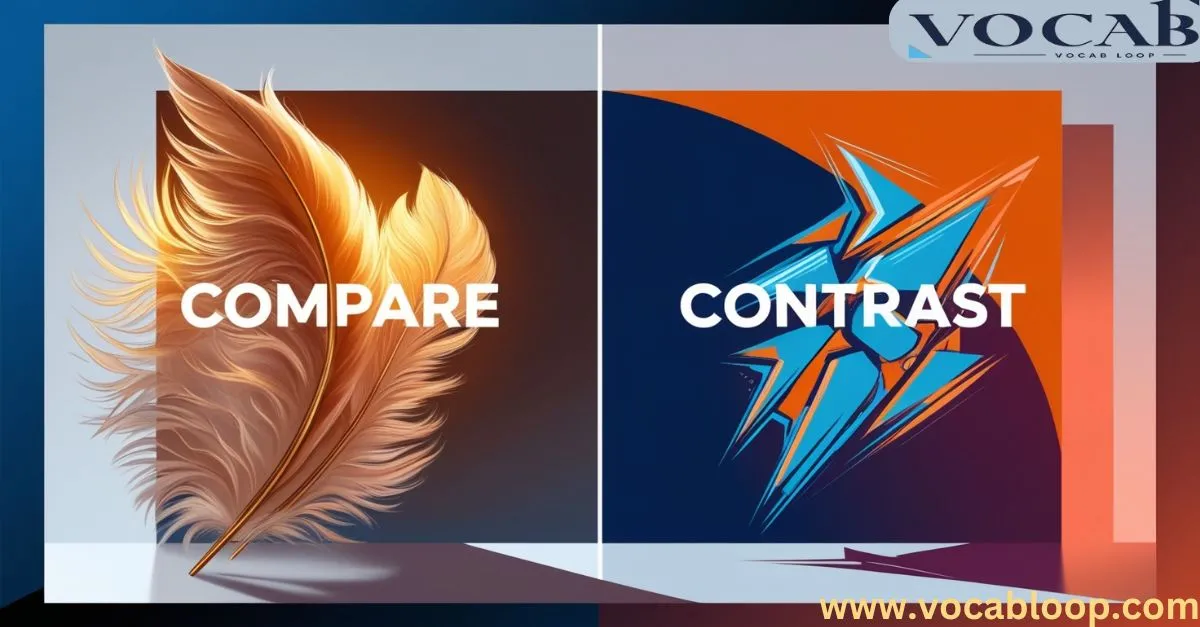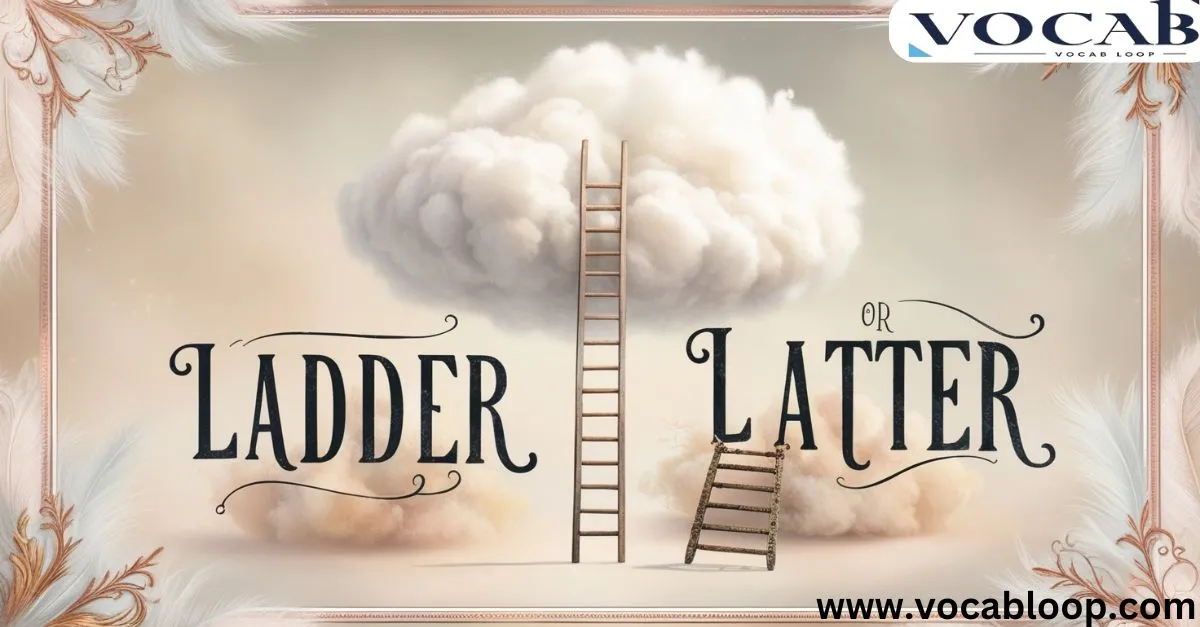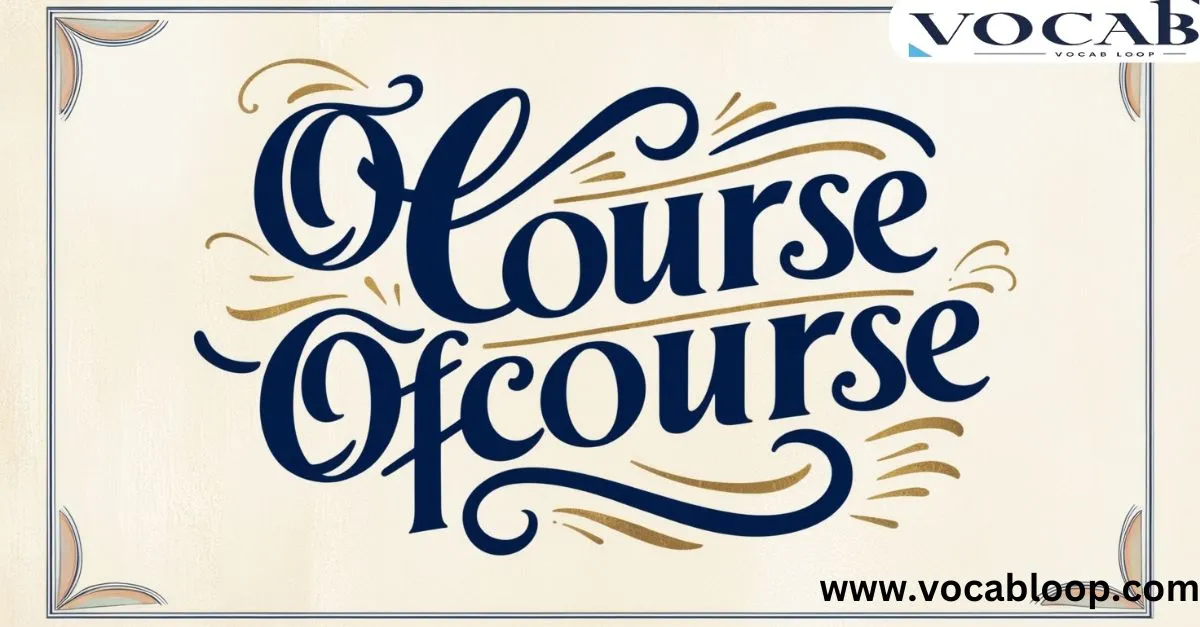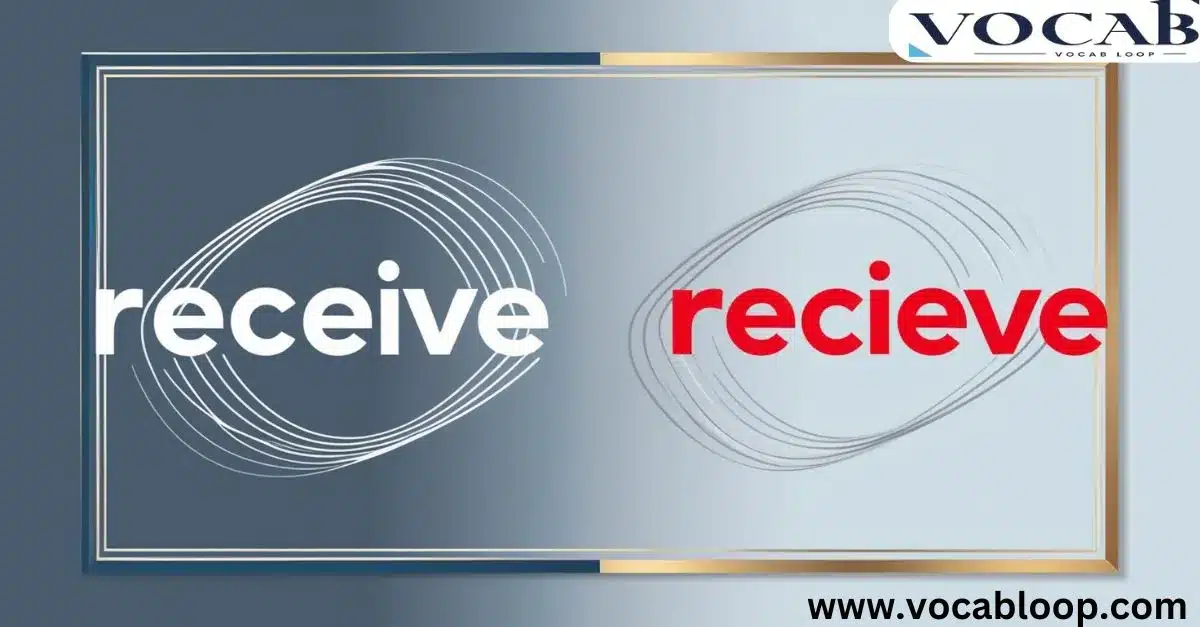Goodmorning or Good Morning: Which Is Correct?
The debate between Goodmorning or Good Morning might seem trivial, but many people often wonder about the correct form to use. Is goodmorning just a mistake,it be considered acceptable in modern English In this article, we’ll break down the proper usage of Good Morning, its meaning, and why goodmorning is incorrect. This will help you … Read more


